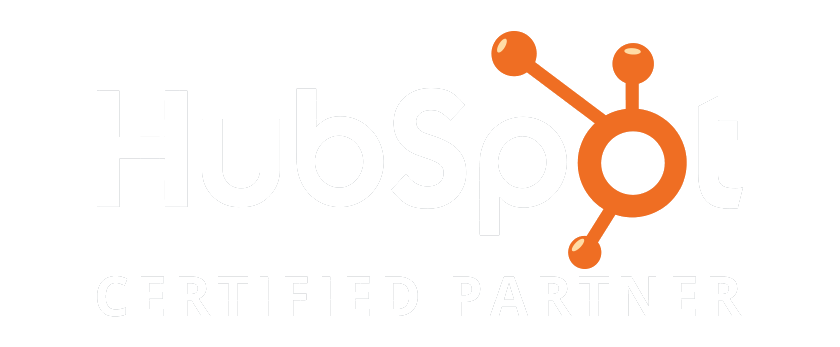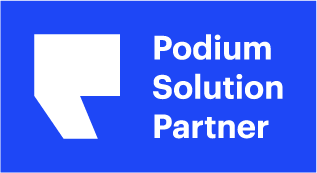Facebook consistently updates its rules and algorithms on a frequency scale similar to Google, making it the bane of many marketers’ existence. In 2022, the venerable social media platform has already affected changes big and small. Let’s take a look at some of these changes and how you can benefit from them.
The Change That Only Affects Anyone in Name
On October 28, 2021, Facebook changed its parent company’s name from Facebook to Meta. Owner Mark Zuckerberg said that the change reflects the future goals and projects of the company and its parent company. Zuckerberg says that his corporation plans to focus on the growing Metaverse, which includes the Internet and its properties as a foundational technology. The rebrand provides a more inclusive name that represents the potential of Facebook’s sister brands Oculus, a virtual reality technology, and Portal, a video communication tool.
More Monetization Support for Reels
On May 6, 2022, Meta introduced new monetization opportunities for its Reels creators on Facebook and its other major social media platform, Instagram. To compete with TikTok, Meta updated its compensation program. Creators now get paid through the Instagram and Reels Play bonus program and a Facebook “Challenges” program. Those creating original content earn more for its popularity with bonuses for growth and distribution.
Metaverse Creators Fund
On April 11, 2022, Meta introduced its Horizon Worlds creators fund. The corporation wants to encourage creators to publish content in the virtual world as they do on the Internet. This monetary incentive, it hopes will jumpstart the creative community in Horizon Worlds. You need Oculus to access Horizon Worlds, an online virtual community accessible only with VR goggles and bodywear gear. Because few already use this technology it provides an entry point to the already glutted and overly competitive social media platforms. For technology companies, especially those in Metaverse-related technologies, it makes sense to create content for this underserved area that may already hold an untapped target audience.
Meta Advantage Consolidated, Automated Ad Products
Meta automated its ad products on March 22, 2022, including Detailed Targeting Expansion. This provides more control to advertisers of where their ads appear in the overall feed. Meta previously controlled all ad placements. This followed the March 17, 2022, implementation of updated content-based ad controls. This provides advertisers with an opportunity since it opens up the feed so you can buy your ad placement. This lets you decide where your ad pieces need to appear and under what conditions.
March’s New Community Growth Tools
The social media platform introduced new tools for groups and online communities to help them grow and expand on March 9, 2022. The new features provide options to group administrators, so they can manage misinformation posted to their groups and improve members’ safety.
Global Expansion of Facebook Reels for iOS and Android
The social media platform launched its new video platform, Reels, to more than 150 countries on February 22, 2022. The Reels videos remain on the user’s profile until deleted, unlike the platforms’ Stories, which expire in 24 hours. You can turn a Story into a Reel, thereby ensuring it remains on the account in perpetuity. Both users of iOS and Android operating systems can post Reels. This followed the company’s decision to transition out users’ use of videos as profile avatars.
Outmoding Facebook Profile Videos
On January 27, 2022, Meta announced that the social media platform would stop supporting the use of videos as a profile avatar. This leaves only still photos as the option for a profile avatar. The choice could prove positive for businesses since many frames only work with still photos. That provides more opportunities for the use of a business’s digital content frame to get used in conjunction with the profile avatar.
Marketers Lose Some Detailed Targeting Options
In January 2022, Facebook removed four sets of detailed targeting options relating to topics perceived as sensitive. This means that marketers lost the ability to target ads to audiences based upon causes/organizations, public figures related to health, political affiliation, race or ethnicity, sexual orientation, or religion. For instance, marketers cannot create Facebook ads targeted to those celebrating Jewish or Catholic or Protestant holidays or only to groups based upon their sexual orientation, such as targeting those who identify as gay or lesbian or bi-sexual. Those target audience options disappeared on January 19, 2022, and advertisers already using them had until March 17, 2022, to remake their target audiences appropriately. The platform completely removed them as Facebook targeting options on March 17. The social media platform did so in response to a call to action from its users who wanted enhanced privacy controls and the ability to limit what information Meta shares about them.
Creators Get Comment Moderation and Live Chat
Creators of digital content received new tools on December 10, 2021, when Facebook improved its troubleshooting and moderation products. Content creators received additional comment moderation controls. The platform also began testing live support. These changes followed Facebook’s November rollout of new group administration tools to make it easier for content creators to engage with their customers and fans on the social media platform.
Making Academic Research Easier
The new tool the social media platform rolled out on November 17, 2021, provides a new application programming interface (API) that caters to academic research. The API aggregates real-time Facebook data. This might not surprise those old enough to remember that when Facebook began, it only allowed students from the university Zuckerberg attended. Eventually, he opened up the service to students enrolled in a US college or university. The social media platform’s new tool serves that community, but it can also provide useful information to those with a content marketing strategy involving college students or professors.
We’re Here to Help!
Some of these changes positively impact your content marketing plan and implementation, while others, like the loss of many target audience options, can hurt you. We’re here to help through all these turns!
Don’t let the Facebook target audience changes create an inferior conversion rate for your top-quality content. We can help you develop your Facebook ads for the new mechanisms in place and leverage the new content management and group management tools on the platform.
It stands to reason that since Meta owns both Facebook and Instagram, changes on Facebook will also occur on Instagram eventually. Respect each Facebook user because the social media platform rolled out new features to individuals, too, for blocking and privacy controls. Each user now has a dashboard from which they can block and manage levels of content and posts to control what other accounts can see.
Expensive in the long run. On the other hand, we understand why privacy is important as these targeting segments can be deemed sensitive to users receiving ads based on these interests. These changes will roll out on Facebook and Instagram, but we assume that in time, all social media advertising platforms will follow suit due to privacy policy becoming a larger part of the industry. Let us help you identify segments from your existing audiences based on related interests that Meta didn’t remove.
Although we frequently focus on the content creation, the content marketing factors in equally. Bake More Pies is here to help you reach your target audiences the right way! We are a Tampa digital marketing agency leading the way in Tampa Bay. Together we elevate business and deliver superior results through fusing technology, creativity, innovation, expertise and strategy, embracing Win-Win relationships. Give us a call!



